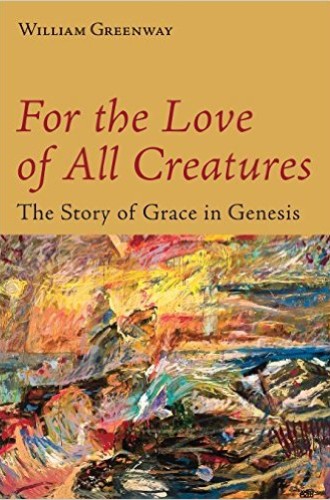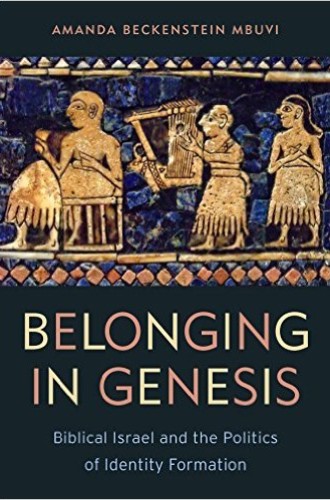The genesis of kinship
In 1967, Lynn White Jr. famously laid responsibility for the contemporary ecological crisis squarely at the feet of the Christian tradition. White argued that Christianity is the most anthropocentric religion the world has ever seen, because the Judeo-Christian creation story portrays all of nature as made solely for human benefit and rule.
In contending with this charge, Christians have returned to the text of Genesis to discover whether a more inclusive vision might be drawn from it. No less a figure than Pope Francis, in his 2015 encyclical on climate change and inequality, argued that, although the church has often read dominion to mean domination, the ancient stories of Genesis bear witness to a created world that is interconnected and has value in God’s eyes. Two recent books on Genesis add to the dialogue, offering provocative new interpretations of an ancient text.
William Greenway challenges anthropocentric readings of the creation and flood narratives by reading the first nine chapters of Genesis “from an overtly creature-loving point of view.” He begins by setting Genesis alongside two alternative creation narratives, one ancient and one modern. Greenway exemplifies the modern, materialist account of creation (according to which there is only one “stuff”—matter, governed by physical laws) with Thomas Hobbes’s 17th-century work of political philosophy Leviathan. He also explores the ancient creation narrative that he claims is most directly in competition with Genesis, the Babylonian Enuma Elish.







